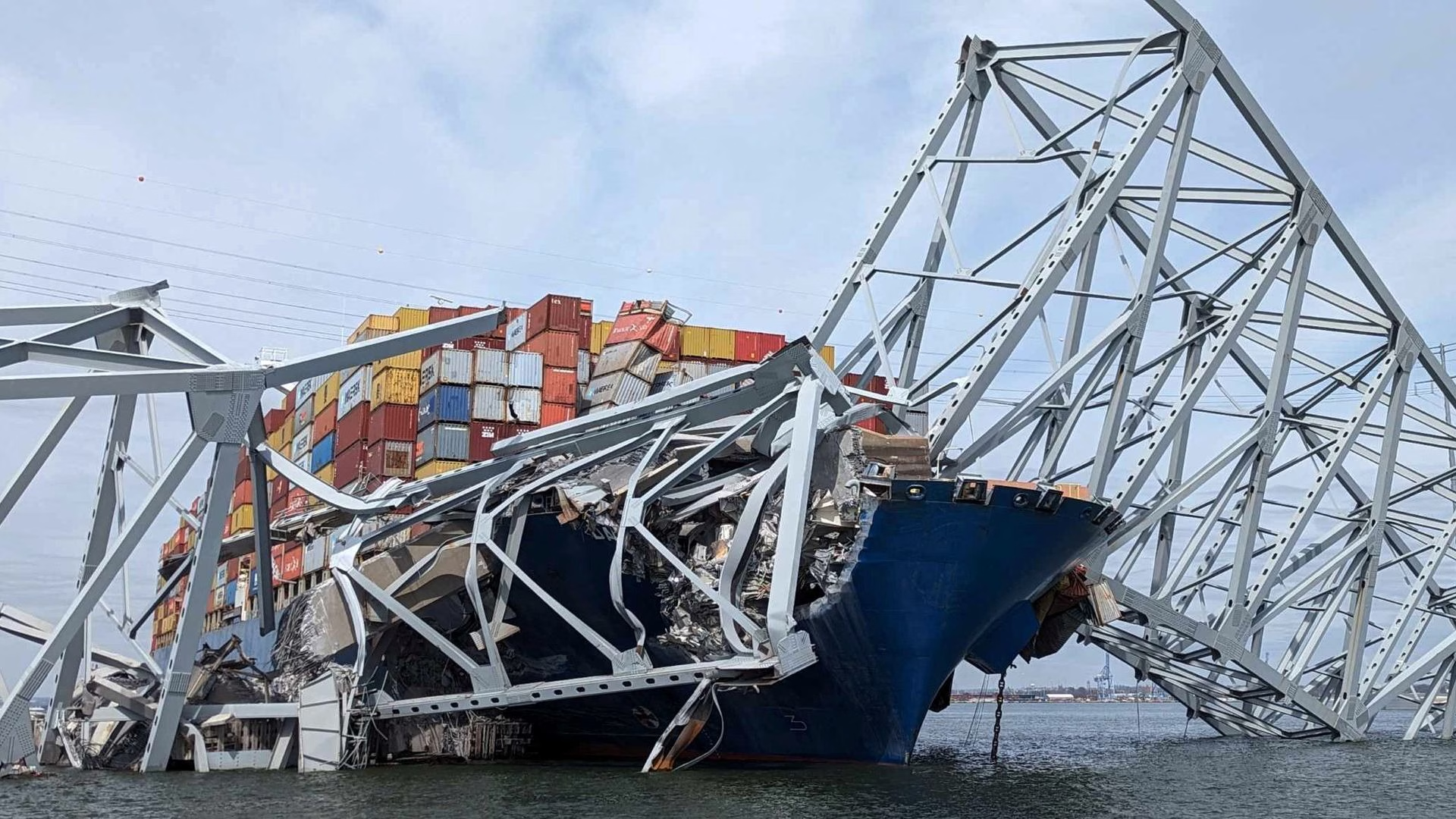![]()
The Virgin Islands must boost transparency and “clean up” its reputation for attracting “bad money” if it wants to grow its financial services sector, British Anti-Corruption Champion Baroness Margaret Hodge has insisted.
The veteran politician was speaking last week during a three day “fact-finding” mission to the territory against the backdrop of simmering tensions between the VI and the United Kingdom over fiscal transparency and combating money crime.
“BVI does have a reputation for attracting illicit wealth, and if we don’t challenge that, tackle it, deal with it — in the long run good money will run away, because in the long run good money will not want to be associated with that reputation,” Lady Hodge said during a Sept. 24 media briefing that lasted less than 15 minutes. “So there’s a reputational risk.”
Her comments provided a stark contrast to the position taken by Premier Natalio “Sowande” Wheatley and other VI leaders, who frequently insist that the territory is a well-respected and tightly regulated international finance centre that works hard to meet global standards.
In recent months, several British politicians have chipped away at the narrative, ramping up criticism after the VI government unveiled plans for a new beneficial ownership register set to launch next year.
Lady Hodge and several UK members of parliament have urged the VI to grant full public access to the register.
But a draft policy released in June would strictly limit access by requiring searchers to demonstrate “legitimate interest” — and then reporting their request to company owners, who would be given a chance to object.

Hodge visit
In July, UK Overseas Territories Minister Stephen Doughty told the House of Commons he was concerned about the VI’s draft policy, and he announced that he would send Lady Hodge to the territory on a “fact-finding” mission.
Mr. Wheatley had hoped to change her mind, saying before her visit that he wanted to help “educate” her about the territory’s perspective.
But Lady Hodge’s comments to the media at the end of her visit appeared to suggest that her views had not shifted.
Speaking to the media on the last day of her trip, the anti-corruption czar repeated her longstanding concerns, warning that the territory’s current success may not last unless it adopts the UK’s position on corporate transparency.
“Don’t think that because your financial services sector is doing well and contributing a lot that that, actually, is sustainable over the longer run,” she said.
“My view is that it’s not. If you cleaned it up, you could grow it, and it would probably be even more effective and valuable to you here in the economy.”
Lady Hodge also urged the territory to go further.
“You need transparency, which is why we are promoting public registers of beneficial ownership,” she said.
“You need tough enforcement, and I think there’s a way to go here — and there’s a way to go in Britain as well on that.”
Lady Hodge noted that “bad money structures” fund wars and terrorism, and she claimed that money had been channelled to the former regime of now-deposed Syrian dictator Bashar Al-Assad and Hezbollah via companies registered in the VI.
“This isn’t just about a few rich guys getting richer on stolen wealth,” she said. “This is about security implications and smuggling and people smuggling and all that.”
Existing register
VI leaders and industry stakeholders have acknowledged such concerns, but they often claim that ongoing reforms — including the2017 implementation of the territory’s existing beneficial-owner-ship register, which is closed to the public but can be accessed by foreign law enforcement on request— have made major progress to-ward cracking down on money crime here.
Mr. Wheatley and his predecessors have also expressed a willingness to implement a fully public register once the approach becomes a global standard.
But without international uniformity, they argue, fully opening the VI’s register could lead to an investment drain to less transparent jurisdictions like Delaware or South Dakota in the United States.
This, they say, could severely damage a VI economic sector that brings in more than half the government’s revenue — without substantially enhancing overall global transparency.
But Lady Hodge rejected such claims, arguing last week that the UK saw very different results when it allowed wider access to its company register in 2016.
“There is always an argument: ‘Let’s get agreement across the world that we are going to do this together,’” she said. “But if you go down that road, nothing ever happens.”
She also warned that the illicit drug trade could be damaging to the VI and suggested that Britain should do more in helping combat it.
The topic, she added, came up in her discussions with the VI government.
“If they’re selling drugs around here, what does that do to the young people here in the BVI?” she asked.
Lady Hodge said she had been “warmly received” in the territory.
“I am going back heartened by their willingness to engage with us, to find greater partnership, to find a way forward,” she said.
“Fighting illicit money is very important to us.
”The anti-corruption czar said that discussions will continue after the visit, and she hopes to see progress on transparency before the Joint Ministerial Council summit between overseas territories and the British government in November in London.
Lady Hodge added that the VI government is on a “journey” and there is “much more to do”.
Mr. Wheatley was tight-lipped about his meetings with Lady Hodge.
“Talks with Baroness Hodge have gone well,” he told the Beacon in response to a request for comment on her visit.
However, he is scheduled to speak about her visit tomorrow during a press conference.
British Caribbean News


